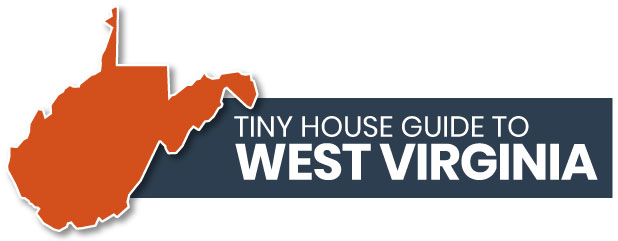
QUICK FACTS:
Are Tiny Houses Legal In West Virginia: Sometimes*
Tiny House Costs In West Virginia: $24,000 – $100,000
Tiny House Friendly Cities: Kanawha City, Parkersburg, Winfield
Build Tiny Construction Berryville, VA
Hobbitat Space Oakland, MD
Located in Oakland, Maryland, just a mere 20 miles east of Kingwood, West Virginia, Hobbitat spaces has many options for tiny home lovers. You can partner with the company to design and build your dream tiny home, or buy plans directly off of the website.
Modern Tiny Living Columbus, OH
Modern Tiny Living offers four prefabricated designs, plus the option to customize your own tiny house. The designs include an array of features in the kitchen, closets, and lofts that compliment your tiny home and maximize space.
Gatormade Trailers Bowden, WV
Mountaineer RV & Trailer Sales Vienna, WV
Jarco Trucks & Trailers Sales Fairmont, WV
Tiny Houses For Sale In West Virginia
There are many reasons to consider living full time in West Virginia. For starters, the Mountain State has one of the lowest costs of living in the country. The state also tends to have a very relaxed, low-key social currency, made up primarily of forest and farmland.
There’s more to West Virginia than small towns and huge pastures. It boasts four gorgeous, diverse seasons, is dotted with large cities, and is full of outdoor activities to enjoy. Check out these tiny homes for sale in West Virginia and neighboring states like Virginia and Ohio.
The state of West Virginia is full of natural beauty and outdoor sites to explore. If you’re looking to experience all that West Virginia has to offer, consider taking a trip to a tiny home before living in the Mountain State full time.
Check out these tiny homes on Airbnb to book your next trip to West Virginia.
Tiny house communities are a perfect way get to know others who want to live tiny and engage in a simpler, less chaotic lifestyle. Whether you’re looking to join an intentional living community of like-minded individuals or staying in a tiny house vacation village short term, there is much to be gained from tiny communities.
Check out some of the tiny house communities scattered throughout the Mountain State:
CnH Tiny House Village
Located in Moundsville, West Virginia, the CnH Tiny House Village offers both short-term and long-term rentals. Each tiny house is equipped with standard hotel amenities upon arrival including parking, a bed, shower with hot water, kitchenette, Wi-Fi, TV, and an outside barbecue area. Kitchenettes includes a refrigerator, coffee maker, induction stove, and microwave.
If you plan to stay in the CnH Tiny House Village for a longer period of time, you can customize the unit you choose to fit your needs. You can make a reservation through the link on the website.
Shepherd Village
Shepherd Village in Shepherdstown, West Virginia, prides itself on valuing living simply. This intentional living community mainly targets retirees looking to live a simpler life as they age, however all are welcome at Shepherd Village. Residents of the community live in single-family park model homes and have access to community amenities.
The village was designed by a group of active people, mostly over 55 years old. The founders wanted to create a close-knit neighborhood that supports aging in place, staying actively engaged in life, and enjoying deep friendships.
Each household has a private home and a small yard, plus a share of the common property that includes woods, paths, a community garden, greenhouse, woodworking shop and the common house. The common house is a shared gathering place and second living room with multipurpose rooms, entertainment systems, a kitchen, dining area, screened-in porch, and more.
The community is a four block walk to downtown Shepherdstown shops, restaurants, churches, and Shepherd University. There is a MARC train station nearby with service to Washington, D.C.
There are many groups out there that are awesome for people who want to connect with other tiny housers. If you want to connect with people who share a passion for tiny living, consider joining a social group centered on the tiny house lifestyle or similar hobbies like gardening, homesteading, or living off grid.
I encourage you to look for your own social groups and comment your findings at the bottom of our page. Or better yet, start your own group and tell us about it!
Tiny Houses And Off Grid Living West Virginia
This 300-plus member Facebook group was created to provide a communal space for those in West Virginia who live in tiny houses off the grid. Tiny house lovers and off griders alike can share ideas, post tiny houses for sale, give tips for design and building information, and share fundraisers and other tiny house news. They can also share tips for going off the grid as well as off-grid challenges specifically in the state of West Virginia. Anyone is welcome to join.
West Virginia Farming And Homesteading
This Facebook page is a group for those in West Virginia who rely on farming and homesteading to support their simple life. Members can share ideas about simple living, basic homesteading, raising farm animals, and hunting and fishing. The community is small right now, but feel free to join the conversation and add your voice!
West Virginia Garden Club
The West Virginia Garden Club meets in person to discuss all things gardening in the state of West Virginia. The club also participates in the National Garden Clubs Convention and hosts their own West Virginia Garden Club Convention.
A state meeting is held each spring and district meetings each fall. All members may attend the meetings, which offer seminars and workshops directed by recognized experts in their fields. Each member receives West Virginia Garden News three times a year.
Members of the club can learn how to make their yard and community a more beautiful place by participating in courses and activities while protecting the environment and gaining knowledge. Fill out this form to join the West Virginia Garden Club.
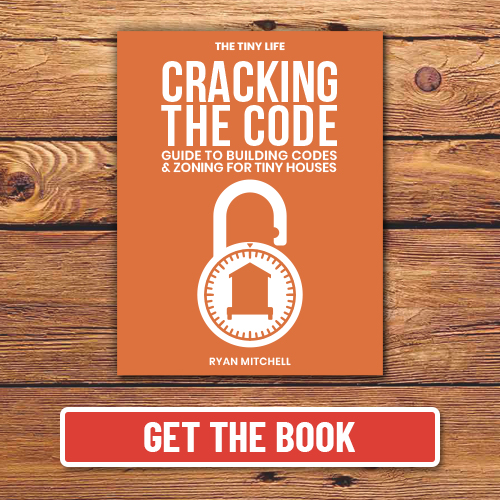 In all honesty, it can get pretty dicey to live full time in a tiny house in the state of West Virginia. It’s already a bit of a feat to get a tiny house on foundation authorized for full time living in the state, let alone residing permanently in a tiny house on wheels.
In all honesty, it can get pretty dicey to live full time in a tiny house in the state of West Virginia. It’s already a bit of a feat to get a tiny house on foundation authorized for full time living in the state, let alone residing permanently in a tiny house on wheels.
However, tiny home enthusiasts in the Mountain State have not lost heart. Even though tiny houses are not recognized on a statewide level in West Virginia, many counties have begun to change their rules to accommodate tiny homes.
Additionally, there are several groups currently working in West Virginia to amend the laws in place and create housing and zoning laws that specifically accommodate tiny housers. Time will tell whether or not this is achieved, but tiny home owners are hoping for the best.
Are Tiny Houses On Foundation Legal In West Virginia?
Whether or not you can legally live in a tiny home on foundation in West Virginia depends on where you live. As a whole, the state follows the 2015 version of the International Building Code with amendments of its own. This version of the IBC does not include Appendix Q, which legalizes the specifications and sizing necessities required for tiny homes.
By this standard, the state of West Virginia technically prohibits tiny dwellings on foundation. However, the catch here lies in the freedom that cities and counties can amend the statewide specifications. There are several cities and counties mentioned below that have created amendments to this law and accommodate tiny homes on foundation.
Additionally, rural areas of West Virginia have a higher chance of allowing addendums to zoning regulations. Check with your local municipalities for clarity if you are unsure what’s allowed in your city or county.
Are Tiny Houses On Wheels Legal In West Virginia?
It’s pretty difficult to live full time in a tiny house on wheels in the state of West Virginia. Because the state already prohibits tiny dwellings on foundations, obtaining authorization for a THOW is much harder.
This challenge is primarily due to the fact that mobile homes are classified as recreational vehicles instead of traditional dwellings. Due to this, a tiny house on wheels must abide by Chapter 17a of the West Virginia Legislature, which addresses recreational vehicles and mobile homes.
A tiny house on wheels will likely fall into one of the following categories:
Travel Trailers: A vehicle mounted on wheels, designed to provide temporary living quarters for recreational, camping, or travel use of such size or weight as not to require special highway movement permits when towed by a motor vehicle and of gross trailer area less than 400 square feet.
*Mobile Home: A transportable structure that is wholly, or in substantial part, made, fabricated, formed, or assembled in manufacturing facilities for installation or assembly and installation on a building site and designed for long-term residential use and built prior to enactment of the federal Manufactured Housing Construction and Safety Standards Act of 1974 (42 U. S. C.§5401, et seq.) and usually built to the voluntary industry standards for mobile homes (Read the PDF here).
Motor Home: A vehicle designed to provide temporary living quarters, built into an integral part of or permanently attached to a self-propelled motor vehicle, chassis or van including:
-
- Type A: Motor home built on an incomplete truck chassis with the truck cab constructed by the second stage manufacturer
- Type B: Motor home consisting of a van-type vehicle which has been altered to provide temporary living quarters
- Type C: Motor home built on an incomplete van or truck chassis with a cab constructed by the chassis manufacturer
*The “mobile home” category will likely pertain to prefabricated THOWs purchased from a building company.
Tiny House Building Codes In Key Counties Of West Virginia
A great deal of housing regulations in West Virginia are dealt with at the county level. County building laws have a lot of power in the state when it comes to what is and is not allowed. Counties also have the individual power to amend statewide laws.
Jefferson County, West Virginia
Jefferson County, West Virginia, has created a law specifically centered around accessory dwelling units or backyard ADUs. The county office has created a Zoning and Land Development Ordinance (Read the PDF here). that permits accessory dwelling units that are a maximum of 1,700 square feet.
Hardy County, West Virginia
In Hardy County, West Virginia, the sizing regulations for tiny homes are dependent on the district that the tiny houses belong in. All dwellings in R districts must have at least 800 square feet, which does make it difficult for tiny homeowners to live in Hardy County.
Putnam County, West Virginia
In Putnam County, West Virginia, the zoning law divides tiny houses into classes (Read the PDF here). Dwellings in Putnam County must be no smaller than 400 square feet, which accommodates some tiny houses, but not all.
Tiny House Building Codes In Key Cities Of West Virginia
Some cities in West Virginia tend to be a lot more accommodating to smaller dwellings, while others are much more restrictive. It’s a fairly common theme for rural cities to be more accommodating than urban cities, but it all depends on your individual jurisdiction.
Parkersburg, West Virginia
Parkersburg, West Virginia, makes the top of the list as far as cities that are working to be more accommodating of tiny housers. The City’s Municipal Planning Commission has recently approved the creation of a specific zoning district for tiny houses.
This tiny house district will be located between Virginia and Laird Avenue and 16th and Spring Streets. The homes can be no larger than 1,250 square feet, with a minimum of 250 square feet per resident.
Additionally, all tiny homes in the district must be built on lots of at least 5,000 square feet. The houses must have permanent foundations and utilities. Tiny houses on wheels are not allowed in the district.
Winfield, West Virginia
The city of Winfield, West Virginia, allows tiny homes in certain zones, but not all zones. Tiny homes must be no smaller than 400 square feet and are only allowed in areas zoned as Agriculture or Rural. They are not legal in Residential zones.
Tiny House Building Codes In West Virginia:
Tiny House Laws In West Virginia:
*Disclaimer: The information provided on this website should not be taken as an expert opinion, consultation, or advisement of any kind. Building codes, home building, zoning, local laws etc are complicated and ultimately your responsibility to execute legally and safely. You must do your own research, consult with and verify with all applicable authorities, local officials, regulatory bodies, code and zoning officials, and city/state/federal governments. See our full legal page for further information here: https://thetinylife.com/about-us/legal/

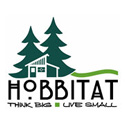
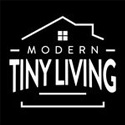



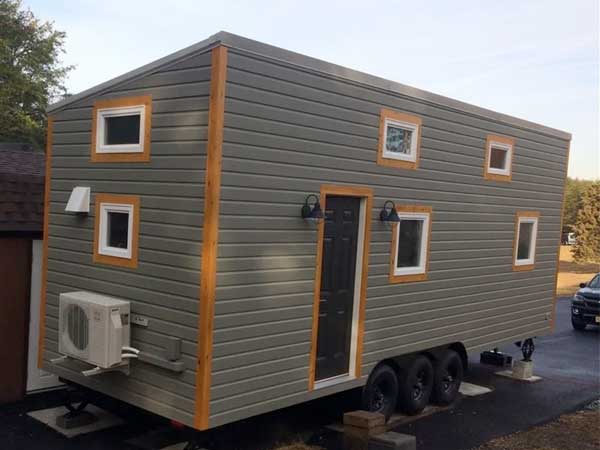

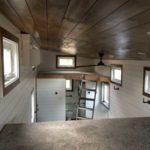
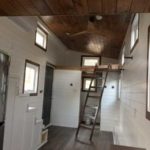
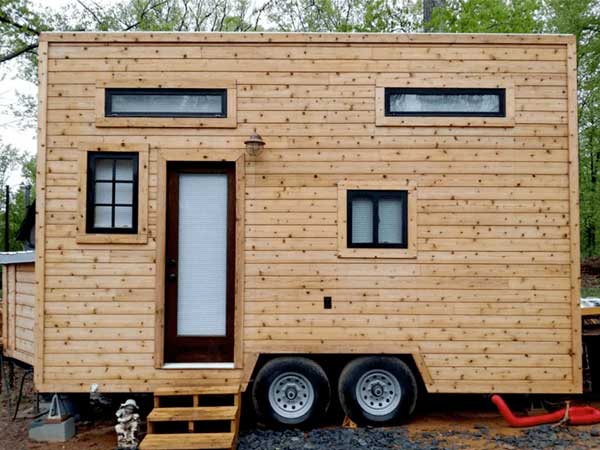
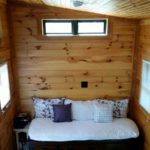

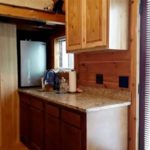
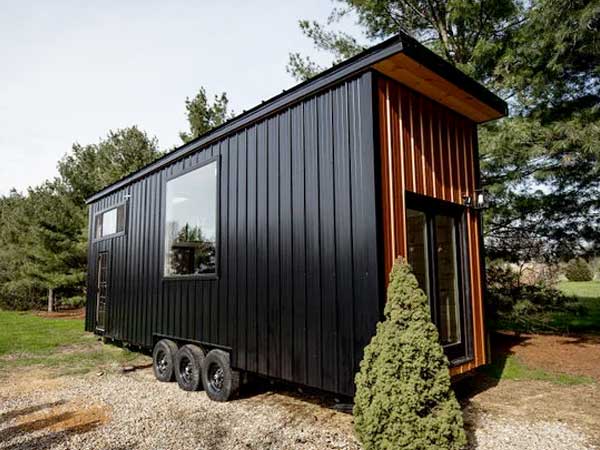
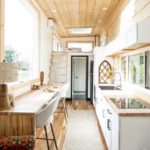
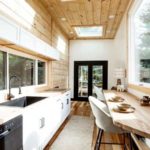

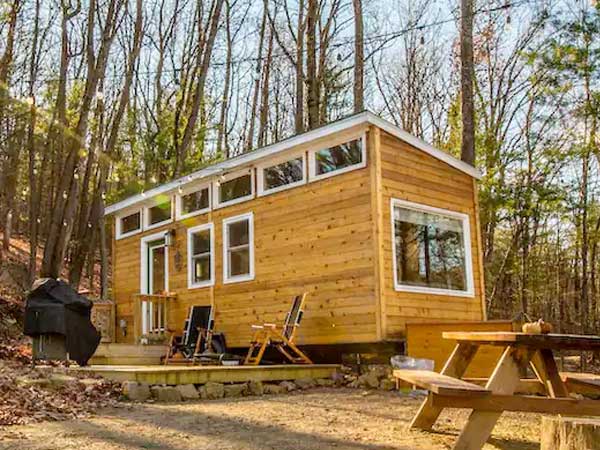
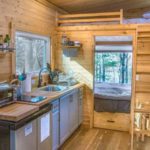
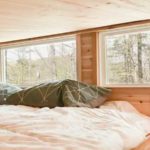
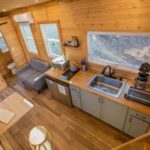
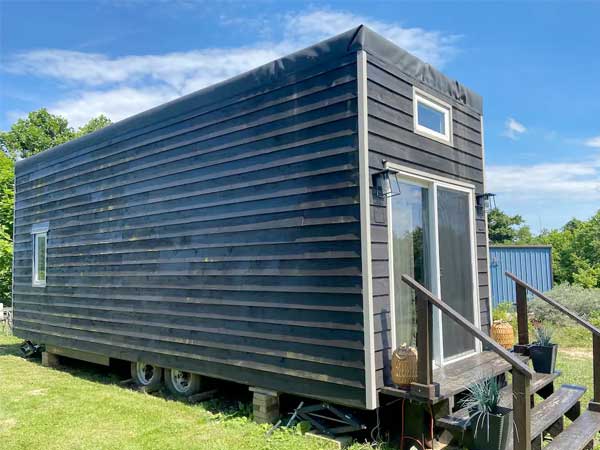
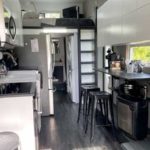


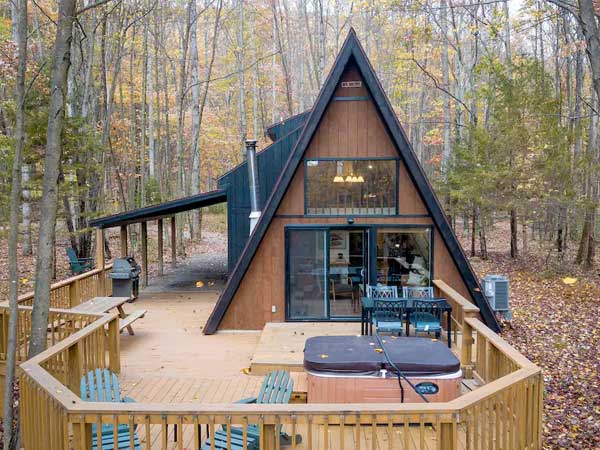
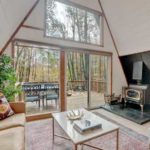


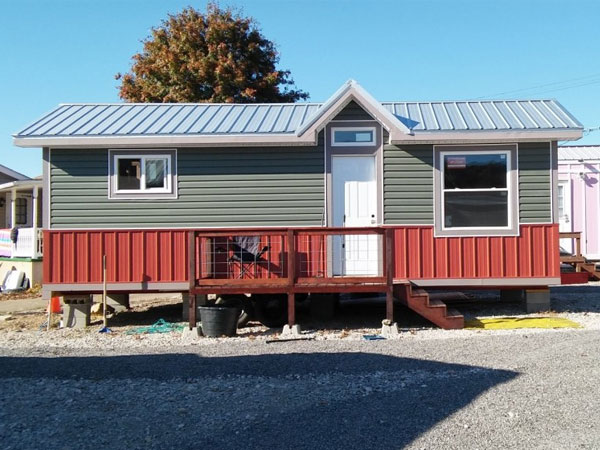
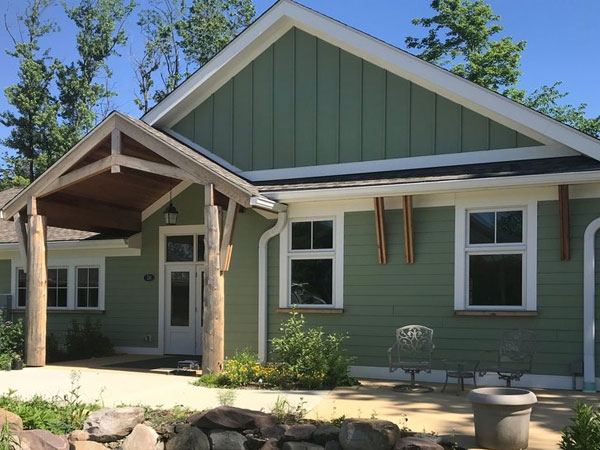
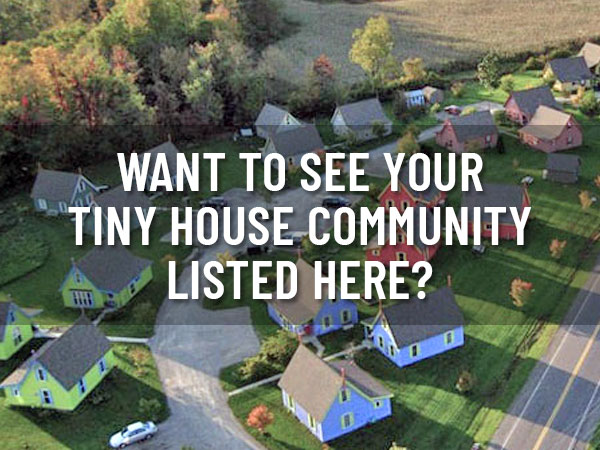
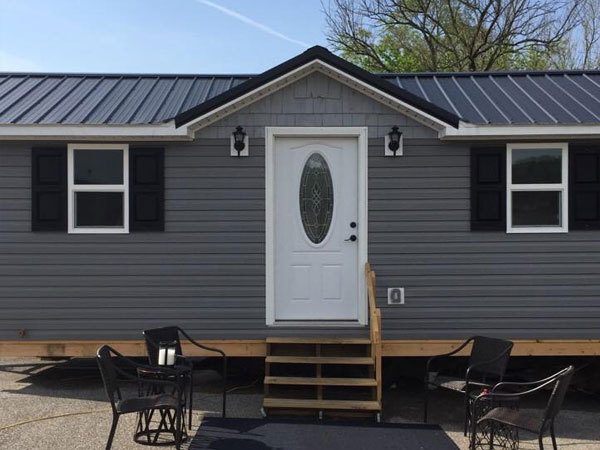
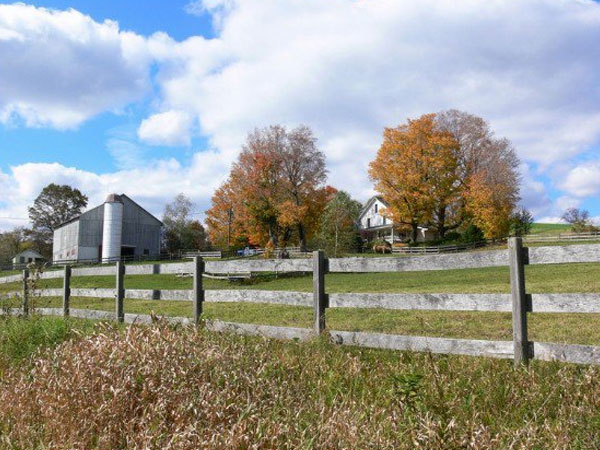

Want info on WV TONY HOMES
Hello, is there a location you have in Maryland or WV where we could visit and walk thru sample tiny houses?
Thanks,
Diana in Silver Spring, MD